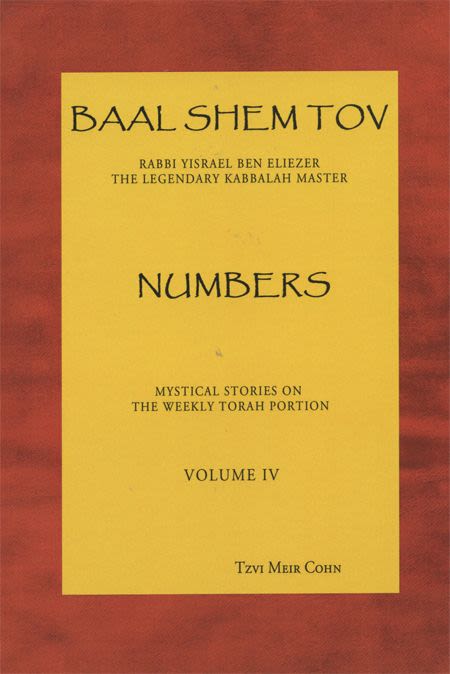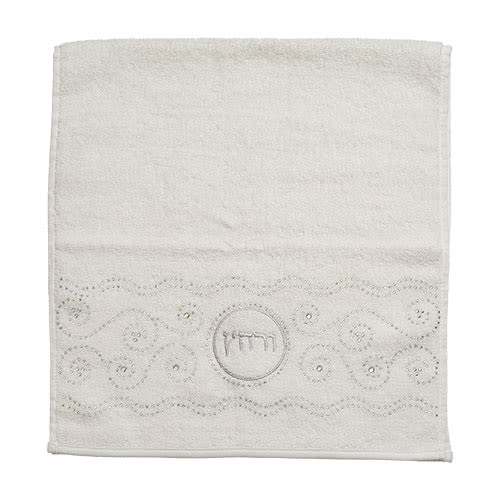
The Right Way to Ask
Many people beg Hashem to help them obtain their own desires, which might be contrary to Hashem's Will. Why ask Hashem for something that’s against His will?

Translated by Rabbi Lazer Brody
In Forest Fields, Part 55
Improper hitbodedut results in a weakening of emuna. Weakened emuna leads to impatience and anger.
If the essence of proper hitbodedut is seeking what Hashem wants from us, then improper hitbodedut is the opposite, when one fails to seek Hashem's Will during his hitbodedut. Rather, he prays to Hashem to fulfill his own physical and spiritual desires, and this is contrary to Hashem's Will. He actually asks Hashem to help him to do what is contrary to Hashem's Will.
Proper hitbodedut means that a person seeks to nullify his will to the Will of Hashem. All his hitbodedut and his prayer focus on this.
 Improper hitbodedut means that a person wants Hashem to nullify His Will to his, and all of his hitbodedut and prayer focus on his attempts to convince Hashem to do as he wills.
Improper hitbodedut means that a person wants Hashem to nullify His Will to his, and all of his hitbodedut and prayer focus on his attempts to convince Hashem to do as he wills. Material requests that have nothing to do with serving Hashem don’t invoke Divine compassion at all – this is readily understandable. But in spirituality, one is likely to be fooled into thinking that he is asking for spiritual things yet in truth his requests are not pure in intention and thought. His desire to be a great Torah scholar or tzaddik could be none other than lust for honor, fame, prestige, and even money. He longs for people to kiss his hand and send him kvittlach stuffed with hundred-dollar bills. He loves hearing people say, “What a righteous genius! The entire world depends upon him," and so forth. And there too are those who are not interested in any of this – not in honor or fame – yet are motivated by their desire for the rewards in the World to Come, or for their children to benefit from their merits. Although the latter example is much more respectable than the crass desires for personal gain in the former example, Rebbe Nachman still calls this, "filling the belly," in other words, a slightly more refined aspiration for personal gain (see Likutei Moharan II:37).
True self composure means searching for and clarifying the truth, asking what Hashem wants, what he himself wants, and differentiating between the two to avoid fooling oneself. Then, one must strive to nullify his will to the Will of Hashem. Hashem surely knows best what’s best for each of us.
Self-nullification is just as important in spiritual matters as it is in regard to material requests. We must recognize that in spirituality too we have desires, perhaps more refined desires than our physical ones, but nonetheless personal appetites such as lust for honor, respect, fame, and rewards in the World to Come.
Anger and impatience are signs of improper hitbodedut. If a person is asking for his own will to be fulfilled and not the Will of Hashem, then he is impatient to have his requests fulfilled and he falls into anger when they’re not. If he truly wants to live according to Hashem's Will, he’ll have no sorrow, anger, or impatience if his prayer is not accepted. He accepts this as Hashem's Will and simply continues his prayers and hitbodedut with the goal of clarifying truth and getting closer to Hashem.
Self-nullification
Proper hitbodedut strives to achieve self-nullification, which enables one to be totally encompassed within Hashem. Hitbodedut without the aspiration of doing Hashem’s will is counter-productive, and will not bring a person closer to Hashem.
Self-serving personal prayer brings about flaws in one’s emuna. Those flaws invoke stern judgments, leaving the person with feelings anger and discontent.
People suffer from anger and impatience in their hitbodedut because they aspire for things that have nothing to do with – or even go against – the will of Hashem. One’s own desires are so strong that he becomes impatient and angry. This is heresy and a very serious flaw, for only Hashem decides when, how, and if He’ll grant a given request. If the person is obstinate in his repeated request, it’s as if the he’s arguing against Hashem. Such an attitude certainly doesn’t invoke Divine compassion, but the exact opposite, Heaven forbid.
To be continued.












Tell us what you think!
Thank you for your comment!
It will be published after approval by the Editor.